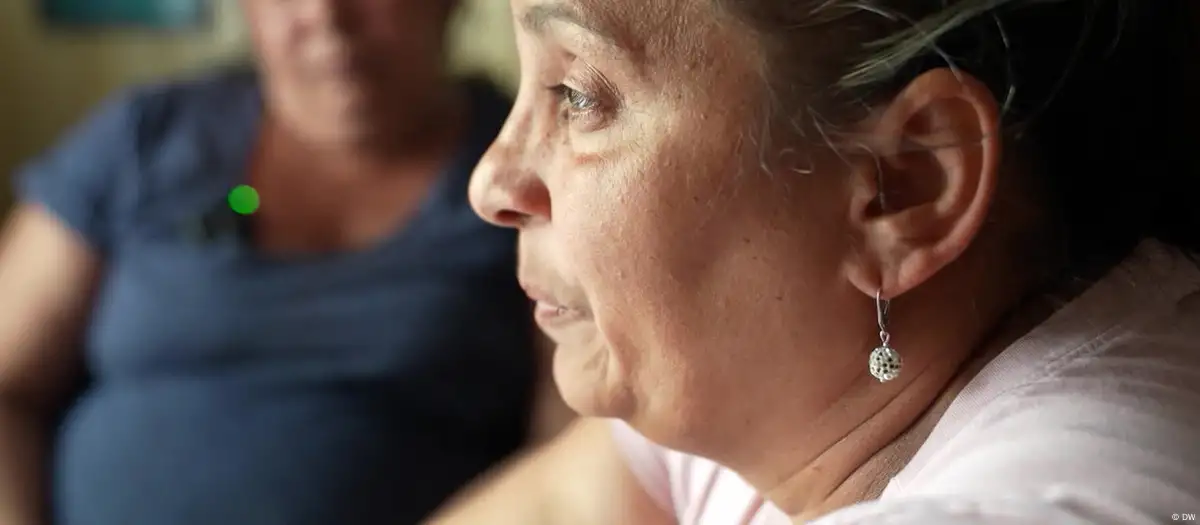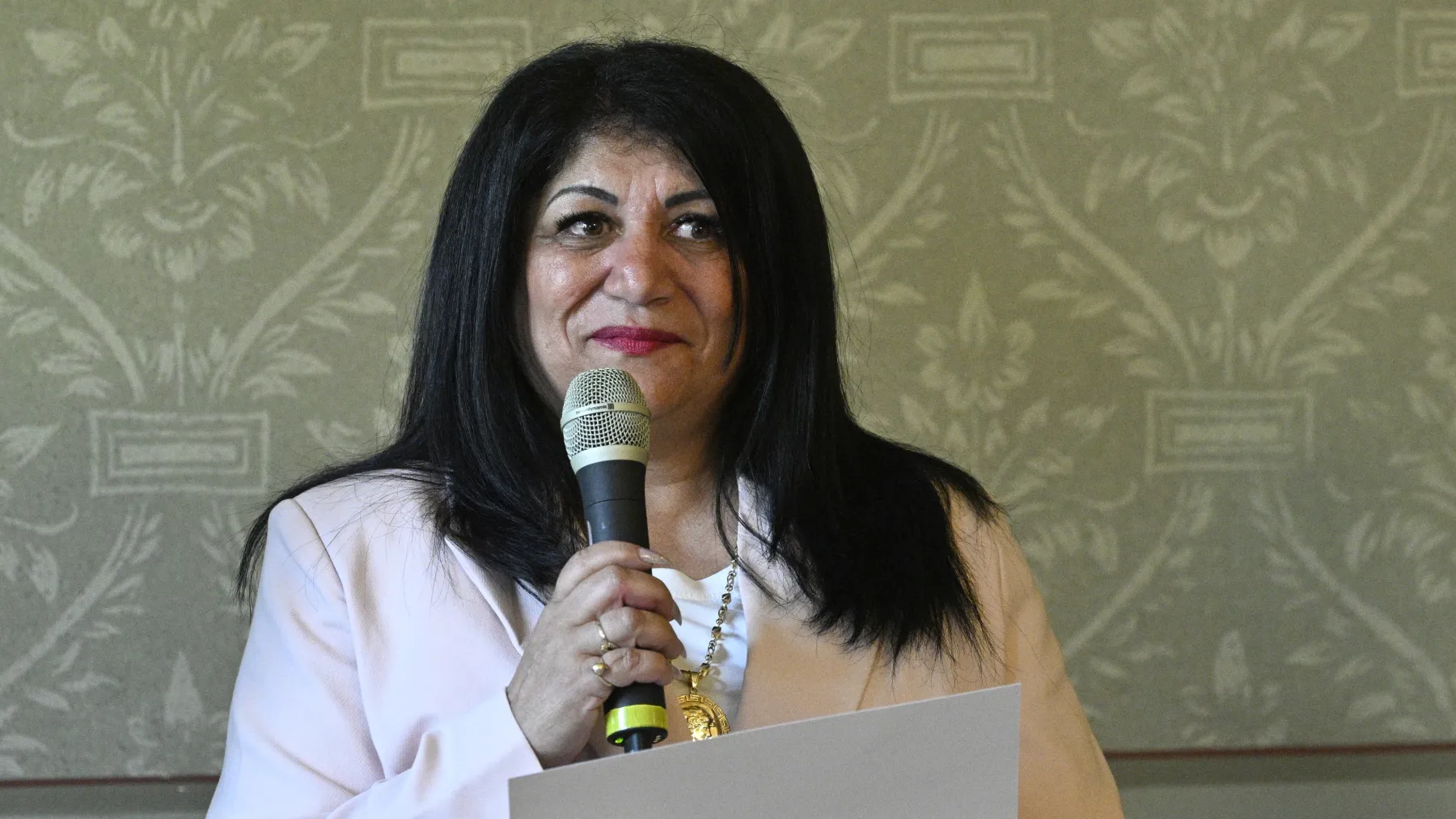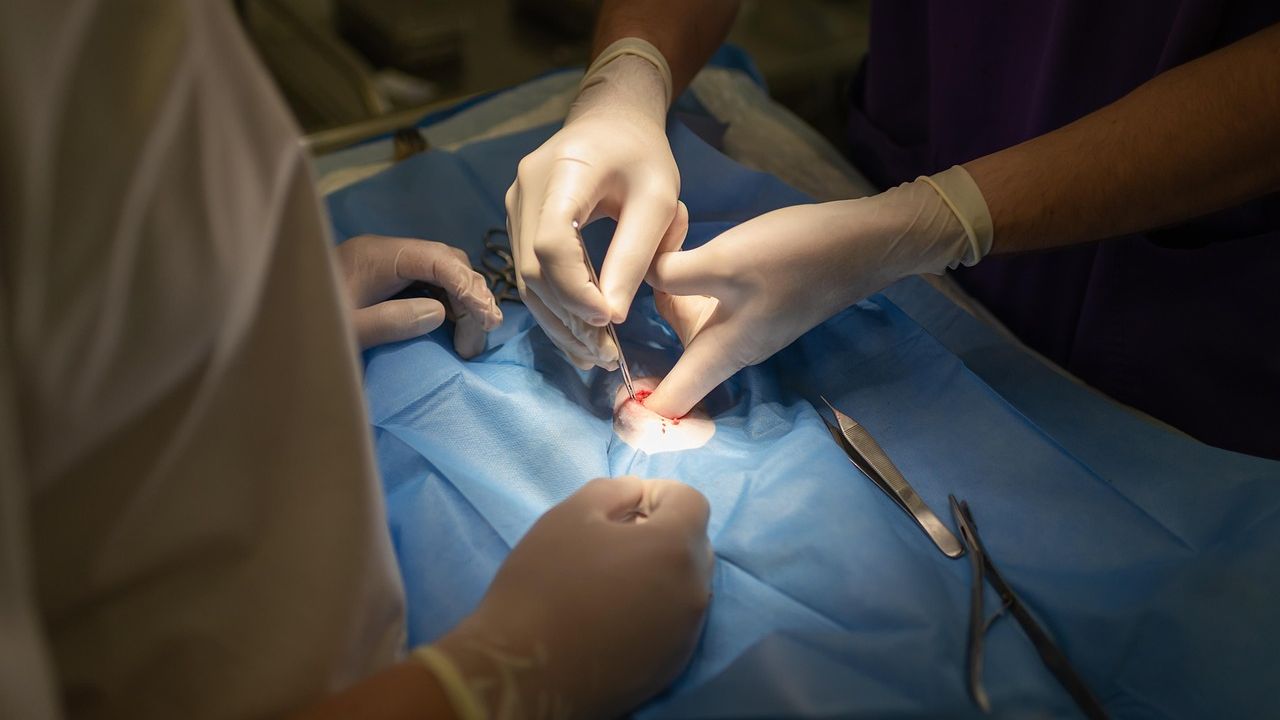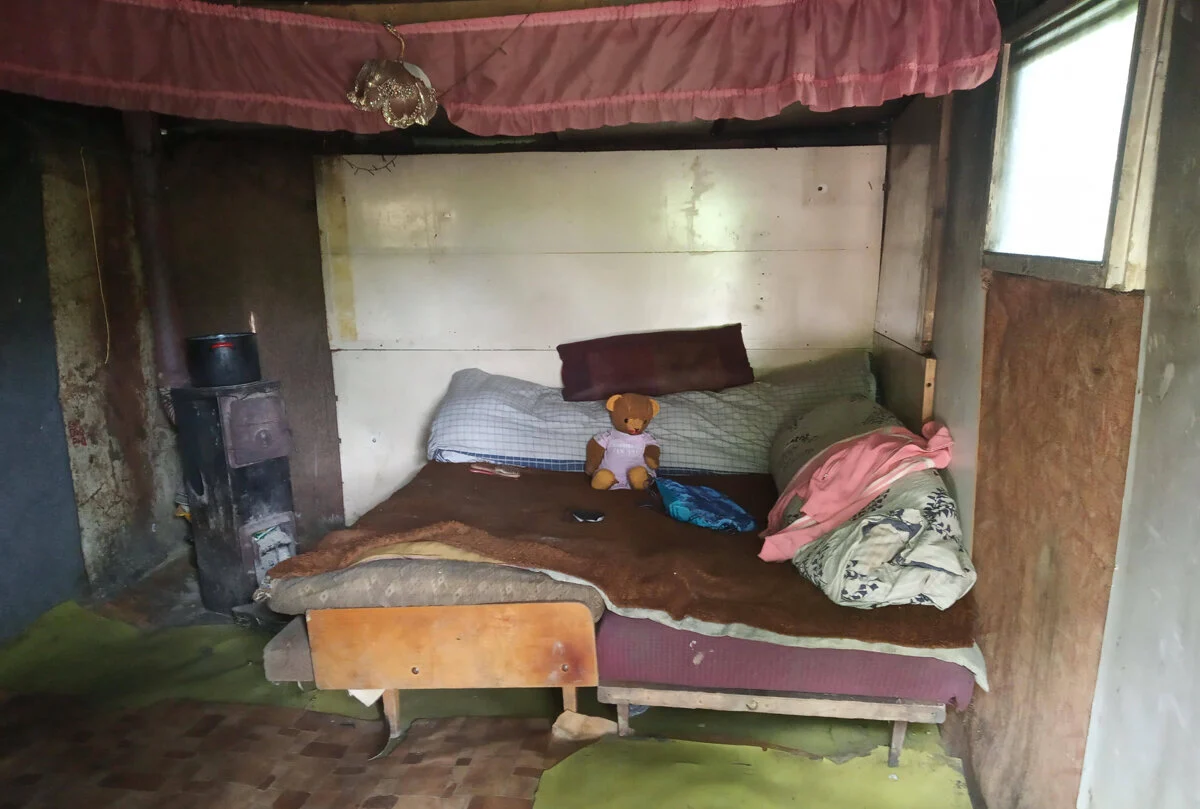Hundreds of Roma women have been sterilized in Slovakia without their knowledge or consent. For many of them, it was a personal tragedy. One of them is Veronika Duždová. The 46-year-old now lives in Jarovnice, the largest settlement with a compact Roma population in Slovakia. “I am close to several women who were sterilized. We often meet to talk about it and our work,” she tells DV.
Nice to talk about this, but Deutsche Welle could have skipped the comment “In Roma culture, large families are an expression of wealth and happiness”. This is simply not true, and sgtereotypical.
- Завинаги бездетни: Как стерилизираха ромски жени в Словакия. In: Deutsche Welle. 13.09.2025. https://www.dw.com/bg/zavinagi-bezdetni-kak-steriliziraha-romski-zeni-v-slovakia/a-73933586












